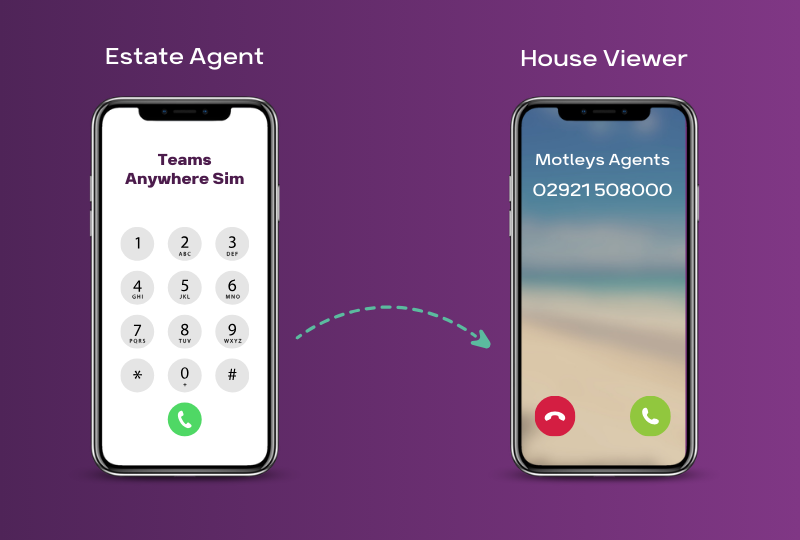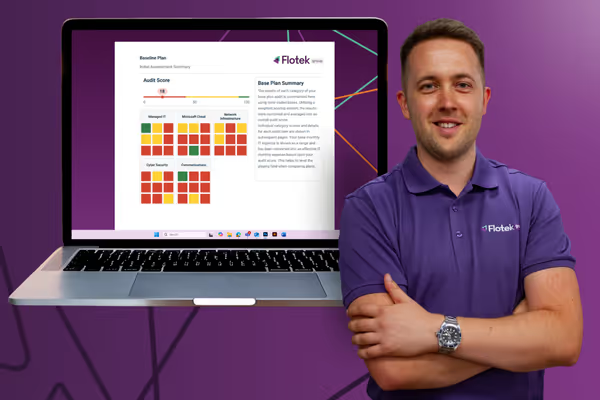
All The Latest Trends In Business Cyber Security
All The Latest Trends In Business Cyber Security
As cybersecurity threats to businesses scale in frequency and sophistication, the technologies and strategies to counter them must keep pace. Staying on top of the latest advancements is crucial for security leaders seeking to protect their organisations in a constantly evolving landscape. Below, we’ve shared some of the key cyber security trends that need focus in 2023 and beyond:
Zero Trust Architecture
Zero trust has become one of the most discussed paradigms in cybersecurity. It moves away from implicit trust in anything inside the corporate perimeter to requiring continuous verification of every user and device trying to access resources. This is enforced through technologies like micro-segmentation, multi-factor authentication, endpoint monitoring, and granular access controls. Adopting a zero-trust approach is now a top priority for most CISOs and will only grow in importance.
Artificial Intelligence And Machine Learning
AI and ML have become indispensable components of modern cybersecurity infrastructure. They allow solutions to ‘learn’ normal behaviour patterns and networks, detecting anomalies and threats much faster than rules-based systems can.AI augments 24/7 security monitoring and response, freeing up staff for higher-value tasks. It also enables intelligent automation of monotonous security workflows. The machine learning capabilities of today’s cybersecurity tools grow more powerful by the day.
Further reading: A Guide To The Importance Of Cyber Security In Business.
Cloud-Native Security
Migrating to the cloud introduces new risks and attack surfaces like misconfigured storage buckets, vulnerable APIs, and lateral movement between virtual instances. Cloud-native security aims to address these by building security intrinsically into cloud environments rather than just extending on-premises tools. This includes technologies like cloud access security brokers (CASBs), cloud workload protection platforms (CWPPs), and micro-segmentation for virtual networks and serverless infrastructure. The shared responsibility model of cloud requires robust cloud-native controls layered with traditional measures.

Automating Security Management
With cyber threats rapidly increasing, businesses can no longer rely solely on manual efforts to implement security policies, configure controls, manage technologies, and perform audits across complex, distributed IT environments. Security orchestration, automation, and response (SOAR) platforms enable automation by integrating disparate security tools into a central intelligence engine. Tasks like network configuration hardening, vulnerability management, endpoint monitoring, access reviews, and compliance audits can be streamlined. Human-led security teams then work more efficiently with automation assistance. Training And Awareness Expanding digital footprints and attack surfaces mean staff behaviours can unwittingly introduce risks. Making security awareness engagement a priority is critical for countering social engineering and exploits. Well-designed training programmes focused on high-risk areas like phishing, password hygiene, physical security, and remote access etiquette are important investments. Training should align with wider security policies and be regularly reinforced. Gamification and incentives help make it engaging and non-technical, demystifying security for employees. A culture and mindset of security should become ingrained company-wide.
Converging Security Solutions
Many organisations have ended up with a disjointed sprawl of security tools cobbled together over the years, leading to visibility gaps and complex management. Converged platforms bring capabilities like anti-malware, sandboxing, firewall, encryption, intrusion prevention, and cloud security onto a single dashboard. Multi-functional Endpoint Detection and Response (EDR) tools are also gaining favour to unite visibility and controls at the endpoint tier. Consolidating security technologies harmoniously balances efficiency for time-challenged security teams while still enabling defence-in-depth. However, specialist point solutions may still be warranted for unique use cases or platforms.

Emphasis On Detection And Response
Prevention alone cannot block increasingly sophisticated attacks. Mature detection and response capabilities allow rapid investigation, containment, and remediation when incidents occur. Treating compromises as presumptive, with proactive threat hunting as standard practice, is important. Tabletop exercises help evaluate and improve incident response plans, and detailed logging, behavioural analysis, endpoint visibility, and SIEM optimisation strengthen detection. Having skilled in-house staff and outsourced support for investigations is key. Zero trust architecture also limits the blast radius of breaches.
Prioritising Security Fundamentals
For all the high-tech tools and solutions emerging, getting cybersecurity best practices and basics right remains crucial. Multi-factor authentication, prompt patching, least-privilege access controls, encryption, backups, and tested recovery processes continue to stop many attacks in their tracks. Conducting regular audits and reviews of controls, underpinned by frameworks like ISO27001 and NIST, highlights areas needing improvement and ensures essential protections are maintained. Blending cutting-edge and fundamental is important for managing risk.
Our Final Word
Cybersecurity is an ever-evolving issue, and keeping pace with the latest advances and aligning them intelligently with business needs is crucial for security leaders seeking to create resilience. With awareness of key trends, robust foundations, and adaptable strategies can be built.If you’d like to talk about how you can level up your cyber security, get in touch or request a callback.






.jpg)



























.avif)




%20(4).avif)

%20(1).avif)
.avif)
.png)







.avif)
.avif)
%20(1).avif)
.avif)
.avif)